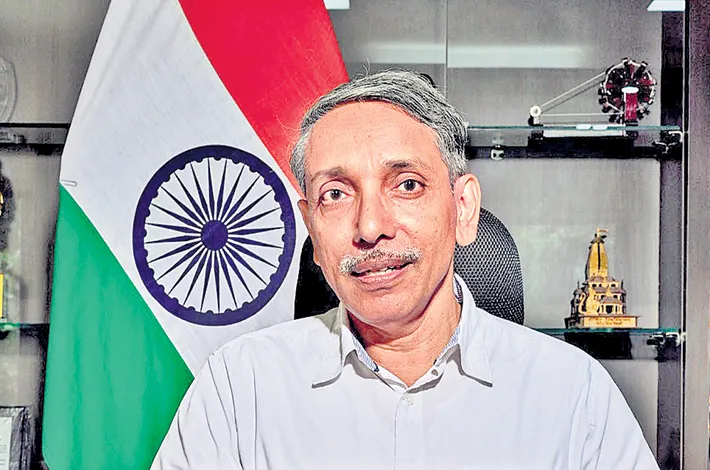UGC: Impact of the National Education Policy
19-02-2025 12:36:11 AM

The University Grants Commission (UGC), established in 1956, does not hold regulatory or legislative powers. Education being on the Concurrent List allows both the Centre and the States to govern it. However, recent draft regulations by UGC on Vice-Chancellor (VC) appointments have sparked debate about federalism and state autonomy in higher education.
UGC’s Limited Authority
Under Section 26 of the UGC Act, the UGC can set qualifications for teaching staff, define academic standards, and coordinate educational policies. However, it lacks authority over administrative roles like VC appointments, which lie outside academic regulation. Thus, the proposed regulations might be considered beyond UGC's legal scope or ultra vires. Article 254 of the Indian Constitution allows Central law to supersede State law only in specific conflicts, not applicable to UGC's subordinate legislation unless explicitly contradictory. Constitutional expert P.D.T. Achary notes that UGC regulations cannot override state statutes without clear conflict.
New UGC Regulations: The Agenda for Higher Education
On January 6, 2025, UGC introduced the draft "University Grants Commission (Minimum Qualifications for Appointment and Promotion of Teachers and Academic Staff in Universities and Colleges and Measures for Maintenance of Standards in Higher Education) Regulations, 2025". This draft seeks to reform the VC appointment process by empowering Chancellors or Visitors to form a three-member selection committee. Non-compliance might lead to exclusion from UGC benefits or recognition. Feedback was invited for 30 days.
Chancellor vs Vice Chancellors
Governors, typically Chancellors of State universities, have increasingly taken on executive roles influenced by the Centre, often at odds with elected State governments. The role of Chancellors varies: In central universities like Delhi University, the Vice-President of India is Chancellor. Jawaharlal Nehru University (JNU) appoints a distinguished academician. Visva-Bharati University has the Prime Minister as Chancellor. National Law Universities often have the Chief Justice.
The increasing central influence on Governors has led to conflicts, causing delays in VC appointments and necessitating legal recourse by State governments, thus impacting university governance.
Impact of the National Education Policy (NEP) 2020
The UGC's draft aligns with NEP 2020, aiming for multidisciplinary education and flexible faculty recruitment. UGC Chairman Jagadesh Kumar has specified that subject expertise through UGC-NET could suffice for faculty positions, even with different academic backgrounds. This approach, while innovative, has stirred debate about maintaining academic standards. The draft also suggests replacing the API system with a more subjective evaluation, criticized by several State ministers for potentially weakening academic quality and state control over education.
Concerns Over Faculty Recruitment
Relaxation for Reserved Categories: A 5% marks concession for SC/ST/OBC (Non-Creamy Layer)/EWS/PWD candidates. New Criteria: Evaluation includes innovative teaching, research, and contributions in Indian languages. Dilution of Subject Expertise: Allowing candidates with Ph.D. or NET in a subject but not necessarily with a UG or PG degree in that field.
Judicial Precedents on UGC’s Authority
Legal precedents like Suresh Patikhede vs. The Chancellor, Univ. of Maharashtra (2011) and Kalyani Mathivanan vs. K.V. Jeyaraj& Ors. (2015) highlight the tension between State autonomy and UGC's regulatory intent, particularly in VC appointments, questioning UGC's legal scope under Section 26.
Federal Conflict and Comparison with RTI Amendments
The tension mirrors conflicts seen with RTI amendments, where centralization reduced State autonomy. The UGC draft similarly threatens state control over education, promoting central overreach in administrative matters.
Need for Cooperative Federalism
The UGC should foster cooperation rather than dictate policy, as demanded by Education Ministers from six States. The unilateral approach might lead to legal challenges and disrupt the federal balance in education governance.
Dr. Madabhushi Sridhar Acharyulu Professor at Mahindra University, Hyderabad,








